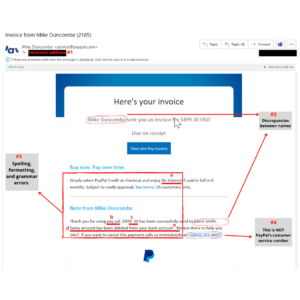Chinese Government’s $100 Million Proposal
In 2017, the Chinese government offered to invest $100 million to build an ornate Chinese Garden at the National Arboretum in Washington, D.C. The garden would include temples, pavilions, and a 70-foot white pagoda. At first glance, this proposal seemed like a great way to attract tourists.
U.S. Counterintelligence Uncovers Red Flags
However, U.S. counterintelligence officials dug deeper and discovered some concerning details. The pagoda would have been positioned on one of the highest points in Washington, D.C., just two miles from the U.S. Capitol—an ideal location for signals intelligence collection. Moreover, the Chinese officials planned to build the pagoda using materials shipped in diplomatic pouches. U.S. Customs officials would have been prohibited from inspecting these materials.
Project Canceled After Investigation
Upon uncovering these red flags, federal officials acted swiftly and halted the project before construction began. Since 2017, the government has closely investigated Chinese land purchases near critical infrastructure.
Concerns Over Huawei Equipment Near U.S. Military Bases
The FBI’s investigation revealed even more alarming findings. They discovered Chinese-made Huawei equipment installed atop cell towers near U.S. military bases in the Midwest. This equipment had the potential to capture and disrupt highly sensitive Department of Defense communications, including those used by U.S. Strategic Command, which oversees the nation’s nuclear weapons.
Chinese Denial of Espionage Efforts
The Chinese government denies any attempt to spy on the U.S. However, it remains unclear whether any data was intercepted and sent back to Beijing from these towers.
Protecting Your Organization
If the Chinese government is indeed using this equipment for espionage, it raises serious concerns about how secure your organization is. What steps are you taking to protect your data and communications?
For more information on online safety, feel free to contact us at info@optfinity.com.






